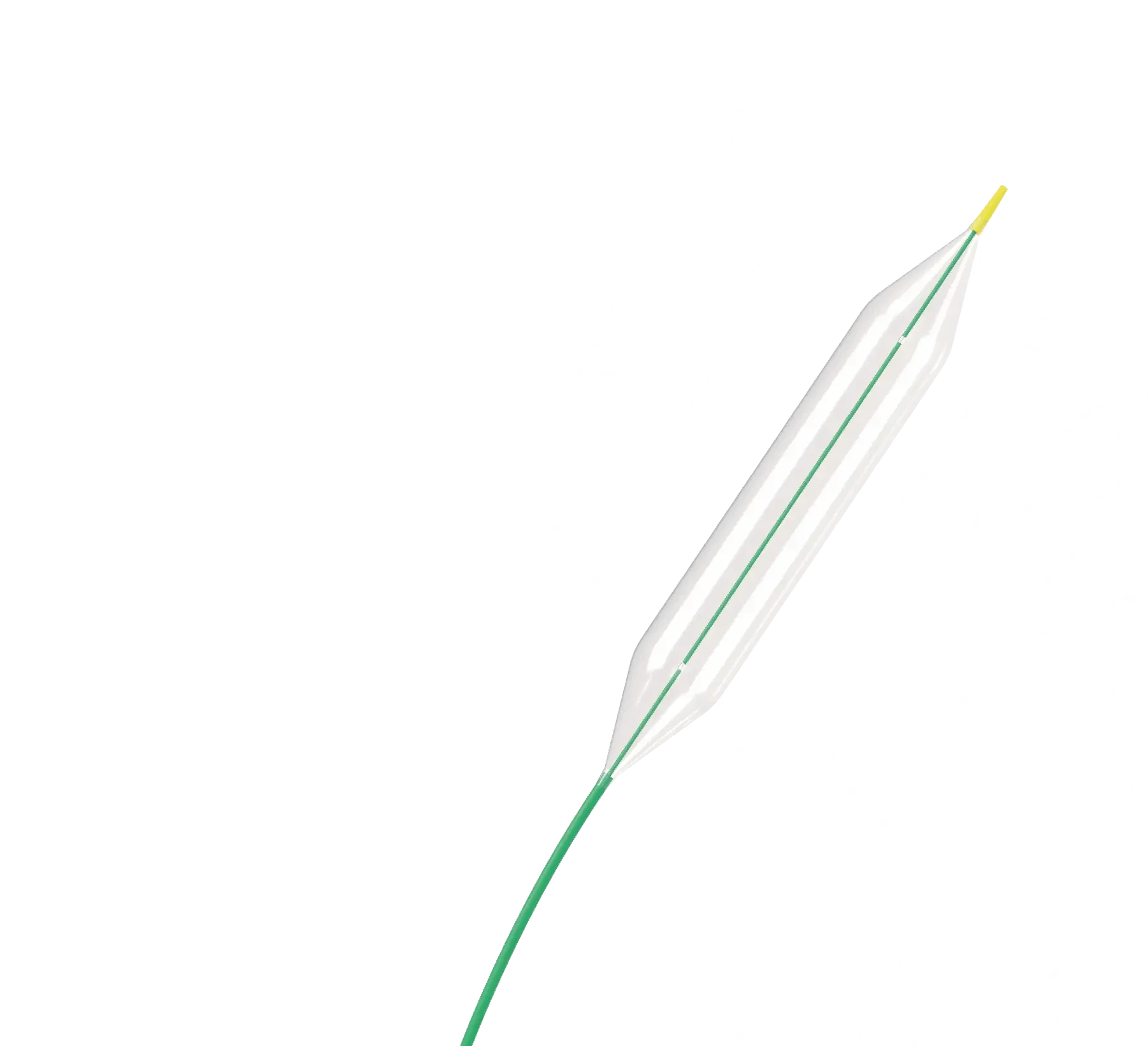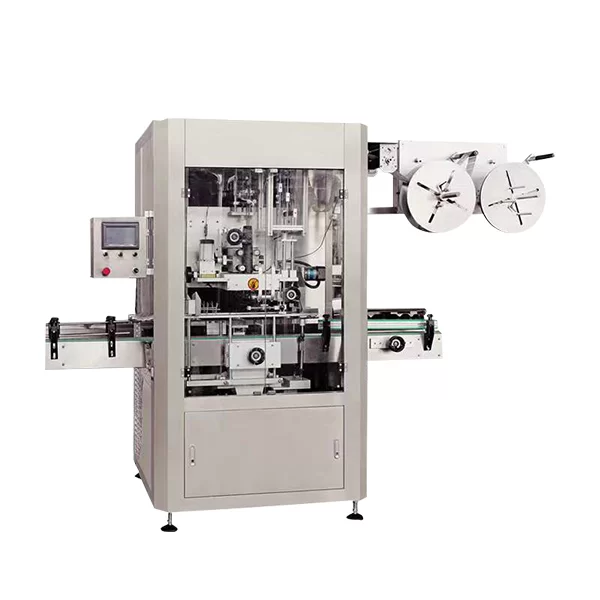When it comes to repointing, selecting the appropriate mortar is crucial for ensuring the longevity and structural integrity of the masonry. With a wide range of mortar types available, it can be overwhelming to determine the most suitable one for your specific project. In this blog post, we will delve into the key factors to consider when choosing a mortar for repointing, providing you with valuable insights and practical advice.
- Understanding the Importance of Repointing:
Before delving into the selection process, it is essential to grasp the significance of repointing. Repointing involves removing deteriorated mortar joints and replacing them with fresh mortar, thereby enhancing the structural stability, weather resistance, and aesthetic appeal of the masonry. - Assessing the Existing Mortar:
To determine the appropriate mortar for repointing, it is crucial to assess the characteristics of the existing mortar. Factors such as composition, strength, and color play a significant role in selecting a compatible mortar. Conducting a mortar analysis or seeking professional advice can help in identifying the right mortar type. - Mortar Types for Repointing:
3.1. Portland Cement Mortar:
Portland cement mortar is commonly used for repointing due to its strength and durability. It is suitable for most masonry applications and offers excellent resistance to weathering. However, it is essential to ensure compatibility with the existing mortar to prevent potential damage.
3.2. Lime Mortar:
Lime mortar is a traditional and versatile option for repointing historic masonry. It allows for greater breathability, flexibility, and compatibility with softer materials. Lime mortar is available in various ratios, such as pure lime, lime-sand, or lime-cement combinations, each offering specific benefits.
3.3. Hydraulic Lime Mortar:
Hydraulic lime mortar combines the advantages of lime and cement, offering improved strength and durability. It is particularly suitable for repointing in areas prone to high moisture or freeze-thaw cycles. However, careful consideration should be given to ensure compatibility with the existing mortar.
3.4. Masonry Cement Mortar:
Masonry cement mortar is a pre-blended mixture of Portland cement, hydrated lime, and fine aggregates. It provides good workability and bond strength, making it suitable for repointing applications. However, it is crucial to verify compatibility and avoid using it for historic or softer masonry.
- Factors Influencing Mortar Selection:
4.1. Building Type and Age:
The type and age of the building influence the mortar selection process. Historic structures often require lime-based mortars to maintain their authenticity, while modern constructions may benefit from Portland cement-based mortars.
4.2. Climate and Exposure:
The local climate and exposure to environmental elements play a significant role in mortar selection. Harsh climates, such as coastal areas or regions with extreme temperature variations, may require more durable and weather-resistant mortars.
4.3. Aesthetic Considerations:
The desired aesthetic outcome should also be considered when choosing a mortar. Factors such as color, texture, and joint profile can significantly impact the overall appearance of the masonry.
Conclusion:
Selecting the right mortar for repointing is a critical decision that requires careful consideration of various factors. By understanding the importance of repointing, assessing the existing mortar, and considering factors such as building type, climate, and aesthetics, you can make an informed choice. Remember to consult professionals and conduct thorough research to ensure the longevity and success of your repointing project.


Average Rating